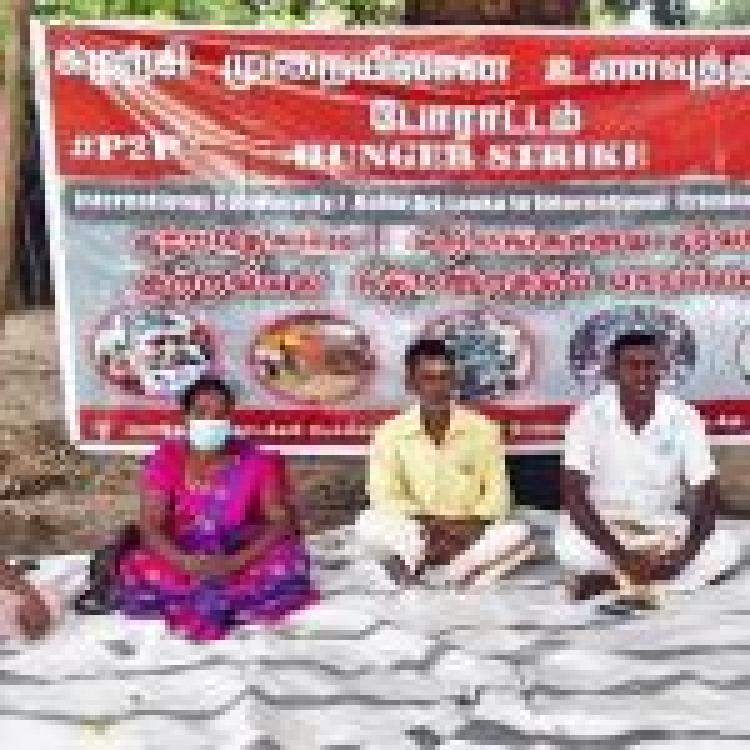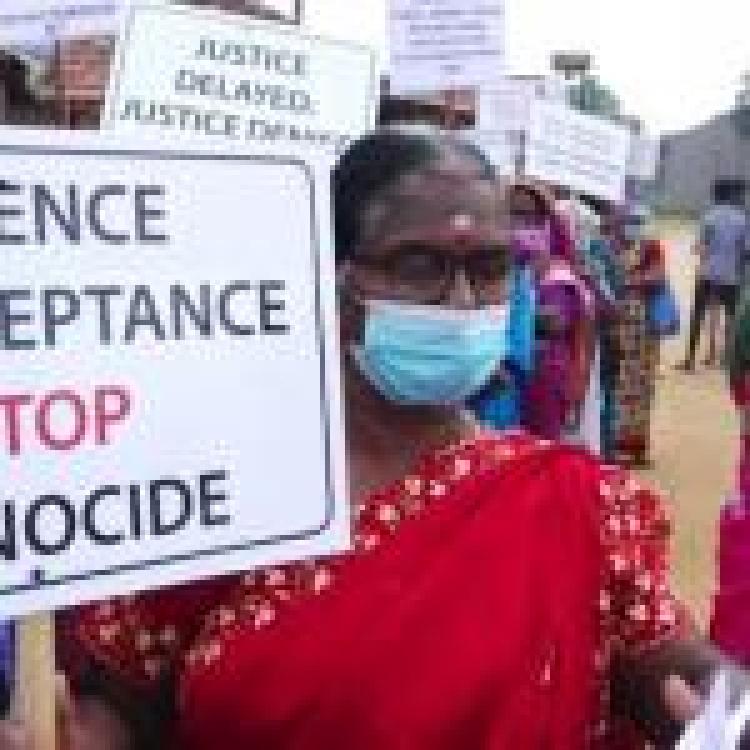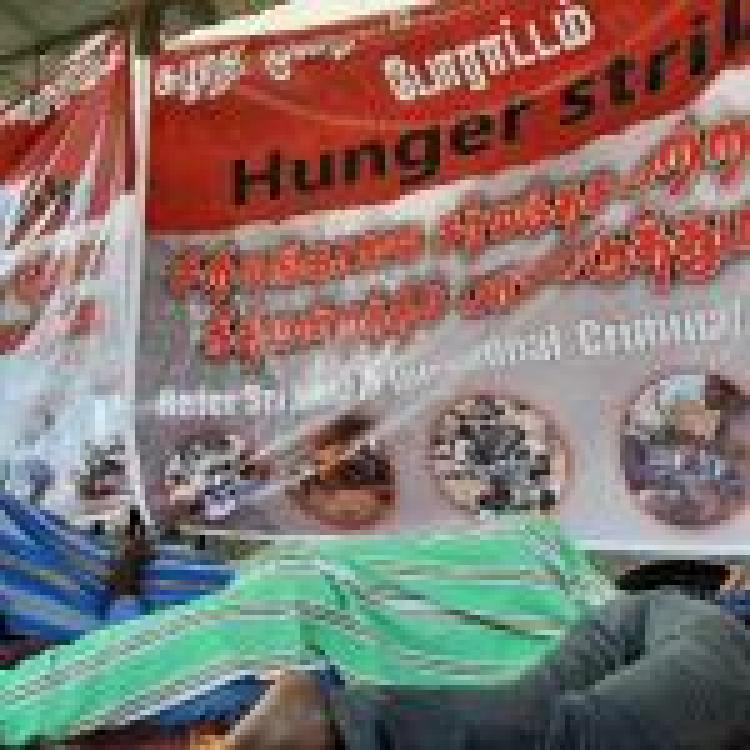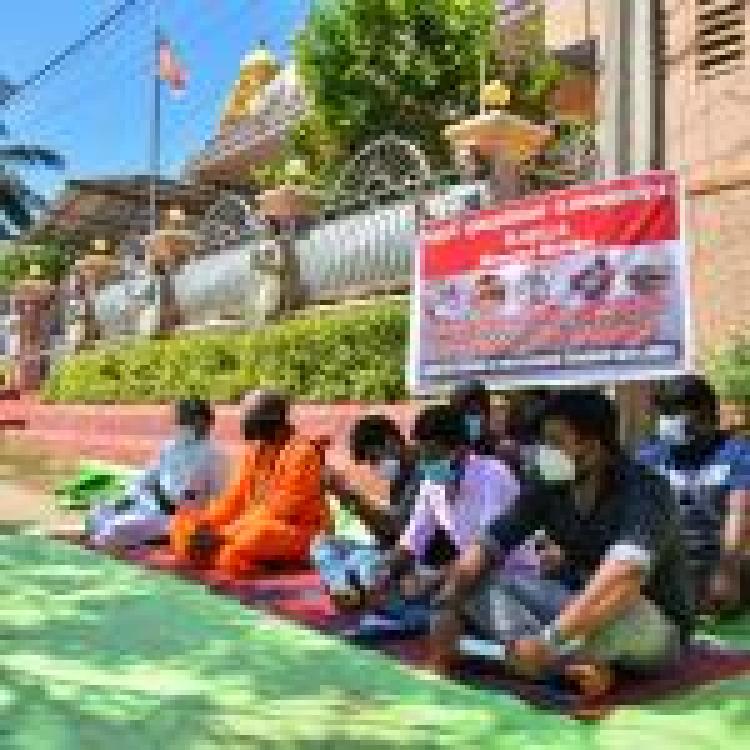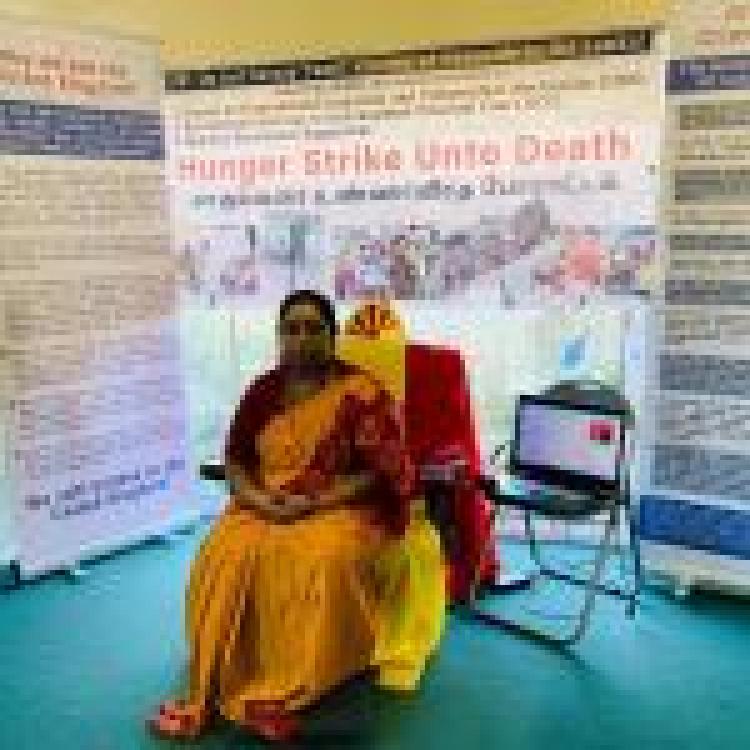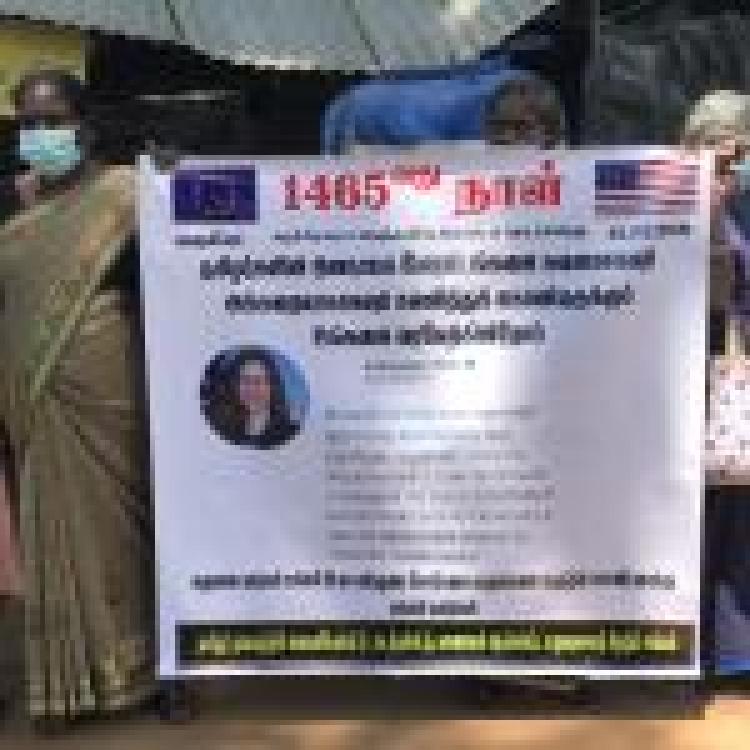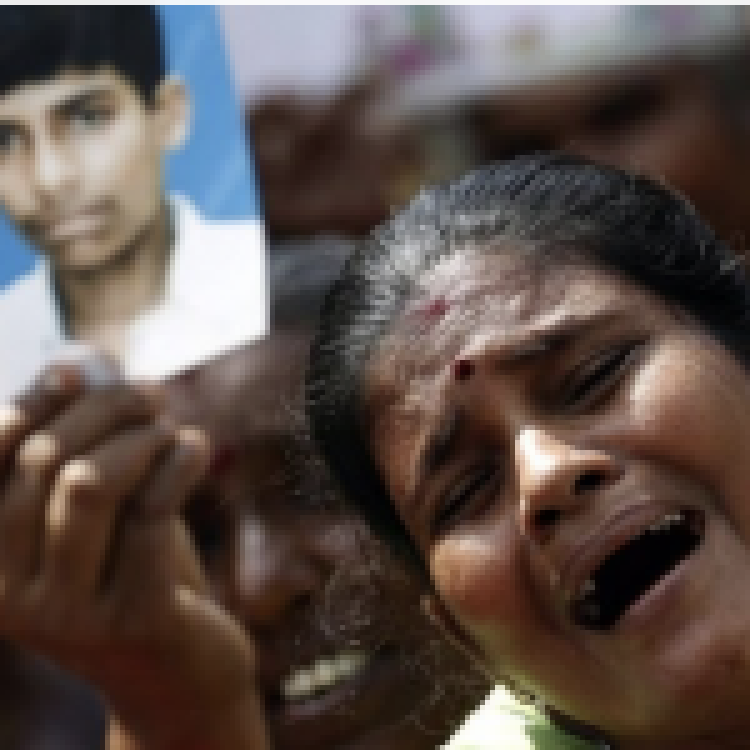
Photo of the International Criminal Court provided by Rick Bajornas
Responding to a petition with over 13,500 signatures, calling on the British government to refer Sri Lanka to the International Criminal Court, the UK government has responded citing “insufficient UN Security Council support”.
They note that given Sri Lanka is not a signatory to the Rome Statute which established the ICC, it could only be referred to the Court through the UN Security Council, whose members may veto such a referral.
Whilst the government claimed that it is committed to accountability and transitional justice, it continues to place faith in the Sri Lankan government, stating:
The UK “will call on the government of Sri Lanka to investigate and prosecute all allegations of gross human rights violations and serious violations of international law and will stress the importance of a comprehensive accountability process for all violations and abuses committed in Sri Lanka”.
Responses to the UK statement
Responding to the British statement, Tasha Manoranjan, Executive Director of PEARL stated: “We are disappointed that the UK Government has shied away from pursuing international criminal accountability for the mass atrocities against the Tamil people in Sri Lanka”.
She further added that:
“The threat of a Security Council veto should not stop the UK Government from pushing for an ICC referral, demonstrating commitment to the demands of Tamil victim-survivors and sending a strong message to Sri Lanka that impunity will not be tolerated.”
Speaking on the issue of international accountability a day prior to the British government’s statement, Kumaravadivel Guruparan, former Senior Lecturer in Law at the University of Jaffna highlighted the importance of an ICC referral and consistent attempts to diminish Tamil demands.
In his statement, he reflects on his recent piece and highlights the value of such a referral in bringing the issue of Sri Lanka onto the international agenda and exposing the powers at work as well as faults within the framework of the international system.
He further lambasted the proposed UN resolution being sponsored by the British noting:
“Again and again, as we see with the draft resolution, Tamils will be kept engaged with mechanisms that don’t clearly have any real impact on the ground in terms of changing the lives of the oppressive environment they find themselves in but also towards accountability and justice”.
The British government’s statement follows unprecedented and unified calls from Tamil civil society, victim communities, and parliamentarians in Sri Lanka for an ICC referral. There have also been hunger strikes in Sri Lanka and Britain demanding for the UK government to take action. Ambihai K Selvakumar, a director of the International Centre for the Prevention of Genocide, is on the nineth day of her hunger strike.
UN officials call for international action
As the UN High Commissioner for Human Rights, and several high-ranking former UN officials, have highlighted;
“The [Sri Lankan government has now demonstrated its inability and unwillingness to pursue a meaningful path towards accountability for international crimes and serious human rights violations”.
The UN High Commissioner’s report further states:
“Given the demonstrated inability and unwillingness of Government to advance accountability at the national level, it is time for international action to ensure justice for international crimes”.
She outlines a number of initiatives governments can take which includes referring Sri Lanka to the ICC, imposing; “asset freezes and travel bans” on Sri Lankan officials accused of human rights abuses; and pursuing accountability for war crimes in national courts under the principle of universal jurisdiction.
The UK has instead supported a resolution that has been widely panned for falling short on Tamil demands for an international accountability mechanism.
Read the full statement here



